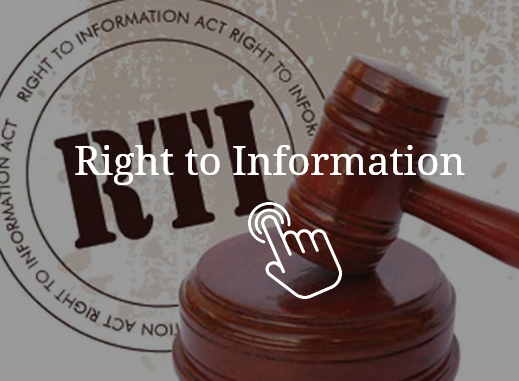The Law Commission of Sri Lanka was first established in 1969. In terms of section 2 of the Law Commission Act No. 03 of 1969 the Law Commission consists of a Chairman and Fourteen other Commissioners appointed by His Excellency the President of the Democratic Socialist Republic of Sri Lanka. The present Law Commission of Sri Lanka is the 9th Law Commission comprising reputed Lawyers, President’s Counsel and Senior Lecturers who possess specialized knowledge in civil, criminal and commercial fields of law.
Our Vision
To promote the reform of the law for good governance.
Our Mission
To discharge duties and functions imposed under the Law Commission Act No. 03 of 1969 for the purpose of promoting the reform of the law.
Functions of the Law Commission
- To take and keep under review the law both substantive and procedural, with a view to its systematic development and reform, including in particular the codification of the law, the elimination of anomalies, the repeal of obsolete and unnecessary enactments, the reduction of the number of separate enactments and generally the simplification and modernization of the law, and without prejudice to any action that has been taken or may be taken by Government in that behalf, in particular, the codification of the law in Sinhala, Tamil and English, and for that purpose.
- To receive and consider any proposals for the reform of the law which may be made or referred to them;
- To prepare and submit to the Minister, from time to time, programmes for the examination of different branches of the law with a view to reform, including recommendations as to the agency (whether the Commission or any other body) by which any such examination should be carried out;
- To undertake, in pursuance of any such recommendations approved by the Minister, examination of particular branches of the law and the formulation, by means of draft Bills or otherwise, of proposals for reform therein;
- To prepare, from time to time, at the request of the Minister comprehensive programmes of consolidation and statute law revision, and to undertake the preparation of draft Bills in pursuance of any such programme approved by the Minister;
- To obtain such information as to the legal systems of other countries as appears to the Commission likely to facilitate the achievement of the objects of the Commission.
- To keep under constant review the exercise by bodies, other than Parliament, of the power to legislate by subsidiary legislation with a view to ensuring that they conform to well established principles and to the rule of law, that they do not have retrospective effect unless the enabling enactment confers express authority so to provide and that they do not make some unusual or unexpected use of the power conferred by the enactments under which they are made;
- To formulate programmes for rationalizing and simplifying legal procedures including procedures of an administrative character connected with litigation;
- To formulate programmes for the codification of the law in Sinhala, Tamil and English.
- To review the system of legal education in Sri Lanka and formulate programmes to be submitted to the Minister in consultation with the Council of Legal Education for the reform and development of legal education in order to bring such education into line with changes in the structure of the law, the practice of the law as a profession, the administration of justice and generally with significant social changes.






